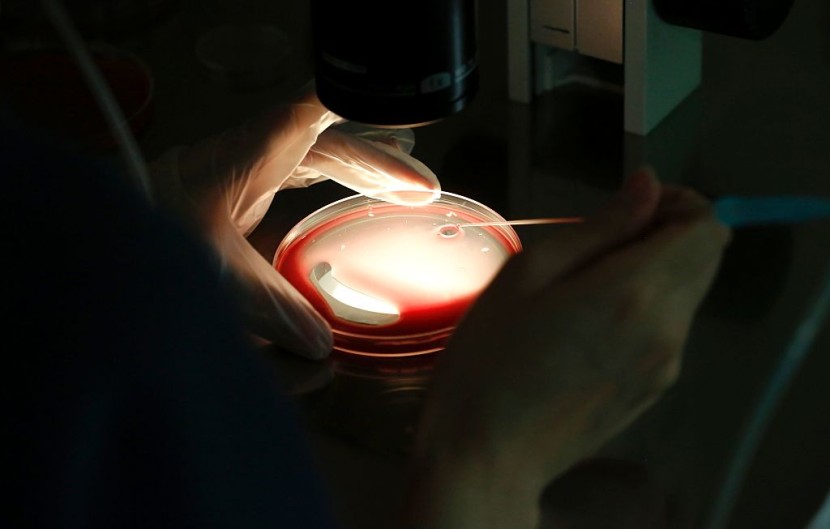
Embryos frozen over 30 years ago in Tennessee have now resulted in the birth of twins. They were frozen for an unprecedented length of time, and it is thought that this is the longest period that has ever resulted in a live birth from a frozen embryo.
On April 22, 1992, the embryos were stored in liquid nitrogen at a temperature of about -128C (-200F), according to BBC.
The Oregon couple Philip and Rachel Ridgeway welcomed the twins. Rachel Ridgeway, already a mother to four children, gave birth to her set of twins on October 31.
According to the National Embryo Donation Center (NEDC), a private, faith-based organization that has assisted in the birth of more than 1,200 children from donated embryos, twins Lydia Ann and Timothy Ronald Ridgeway most likely set a new record.
Molly Gibson was the previous holder of the NEDC record. She was born in 2020 from an embryo frozen for almost 27 years.
Earlier this year, embryologists at Southeastern Fertility, a partner facility of the NEDC, carried out the thawing and transfer to the uterus.
A 'Mind Boggling' Event
In a statement, the NEDC expressed hope that the news would inspire others to partake in the "blessings" of embryo adoption.
Philip Ridgeway remarked that the experience was "mind-boggling," as he and his wife Rachel cradled the newest members of their family on their laps in their home outside Portland, Oregon.
"I was 5 years old when God gave life to Lydia and Timothy, and he's been preserving that life ever since," he said of their twins, who could also be considered their "oldest children in a way." None of the Ridgeways' four other children, ages 8, 6, 3, and almost 2-were conceived through IVF or donor conception.
Read Also: WHO: This Winter Will Be About' Survival' For 10 Million People as Russia-Ukraine War Continues
The couple who created the embryos kept them at a fertility clinic on the West Coast until 2007, the moment they were donated to the National Embryo Donation Center in Knoxville, Tennessee.
According to Dr. John Gordon, the Ridgeways' physician, the five embryos were stored overnight in Knoxville in specially equipped tanks, according to a CNN report.
'Embryo Adoption' Term Is Misleading, Says Experts
Although the Christian-led NEDC calls embryo donation "adoption," experts have clarified that the two concepts are inherently distinct. According to a report published in 2016, the Ethics Committee of the American Society for Reproductive Medicine (ASRM) concluded that "the term 'adoption' should be avoided when referring to embryos because it is imprecise, misleading, and may impose "burdens on recipients."
The legality of embryo donation varies from one state to the next. In the United States, all donated human tissues, reproductive and otherwise, must meet strict criteria established by the Food and Drug Administration before they can be distributed to recipients, as per The Independent.
Frozen embryos can be kept for up to 55 years from the time they were originally stored. According to the Human Fertilization and Embryology Authority, there is no proof that embryos suffer damage the longer they are frozen. A new study, however, has linked the use of a frozen embryo in IVF to an elevated risk of maternal hypertension.
Related Article: Anthony Fauci Gets Painfully Honest on Heartbreaking COVID-19 Fallout in the US That Shocked Him
© 2025 HNGN, All rights reserved. Do not reproduce without permission.








